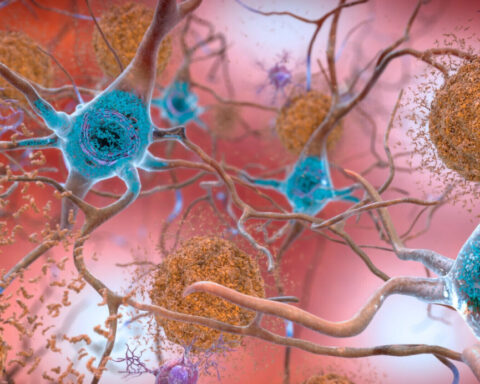When was the last time you thought about how sex affects your health? Medical research shows that going without intimacy isn't just frustrating – it can actually harm your physical and mental well-being. Now, experts are sharing exactly what happens to your body during long periods without sex.
Medical experts warn that prolonged periods without sexual activity can lead to various physical and mental health complications, with effects becoming apparent within weeks of abstinence. Sexual health researchers have identified multiple risks associated with extended periods without intimacy, ranging from psychological impacts to potential physical changes in the body.
Dr. Tara Suwinyattichaiporn, a sex expert and professor at the University of California, Fullerton, told the Daily Mail that abstaining from sexual activity or self-stimulation for extended periods can negatively affect physical well-being.
According to Suwinyattichaiporn, individuals may experience stress, anxiety, depression, and anger after just one month without sexual activity. These emotional responses can create additional complications when intimacy resumes.
"Stressed-out people do not have the capacity to enjoy sex," Suwinyattichaiporn told the Daily Mail.
Research supports these observations. A 2021 study published in the Journal of Criminal Justice found connections between sexual frustration and violent behavior.
In cases of prolonged abstinence lasting up to five years, individuals may experience penile or vaginal atrophy, which can result in slight shrinkage of the genitals, Suwinyattichaiporn explained.
For men specifically, regular sexual activity may provide additional health benefits. A Harvard Medical School study found that men who ejaculate 21 or more times per month can reduce their risk of prostate cancer.
The impact of sexual inactivity extends beyond individual health to affect relationship dynamics, according to Manhattan-based sex therapist Sari Cooper.
"They do not approach their partner with softness, vulnerability, and requests for compromise," Cooper told the Daily Mail, describing couples experiencing prolonged periods without intimacy.
Cooper noted that these couples often struggle with conflict resolution and blame one another instead. Their lack of intimacy also leads to continuous criticism of their partner or elicits a guilty response to meet their needs.
While temporary periods without sexual activity are normal in relationships, Cooper emphasized the importance of addressing prolonged dry spells. She warned that extended periods without intimacy could lead partners to seek extramarital affairs.
For couples facing these challenges, Cooper recommended seeking professional guidance to address barriers to intimacy.
The findings highlight the interconnected nature of sexual health with both physical and mental well-being, suggesting regular intimate activity plays a more significant role in overall health than previously recognized.
Related Article: Is a sexless marriage normal? Experts say this is why so many couples stop having sex

 Trump has begun another trade war. Here's a timeline of how we got here
Trump has begun another trade war. Here's a timeline of how we got here
 Canada's leader laments lost friendship with US in town that sheltered stranded Americans after 9/11
Canada's leader laments lost friendship with US in town that sheltered stranded Americans after 9/11
 Chinese EV giant BYD's fourth-quarter profit leaps 73%
Chinese EV giant BYD's fourth-quarter profit leaps 73%
 You're an American in another land? Prepare to talk about the why and how of Trump 2.0
You're an American in another land? Prepare to talk about the why and how of Trump 2.0
 Chalk talk: Star power, top teams and No. 5 seeds headline the women's March Madness Sweet 16
Chalk talk: Star power, top teams and No. 5 seeds headline the women's March Madness Sweet 16
 Purdue returns to Sweet 16 with 76-62 win over McNeese in March Madness
Purdue returns to Sweet 16 with 76-62 win over McNeese in March Madness








